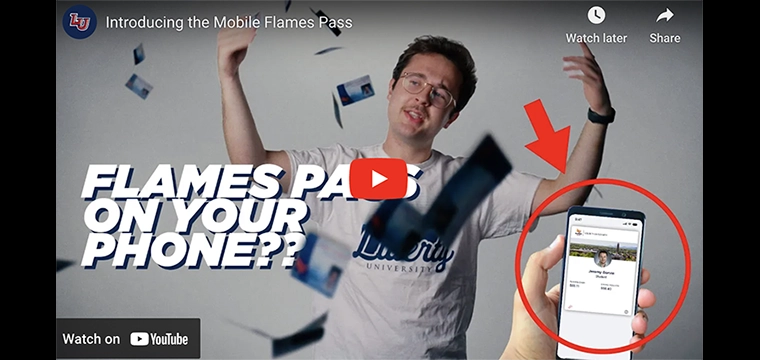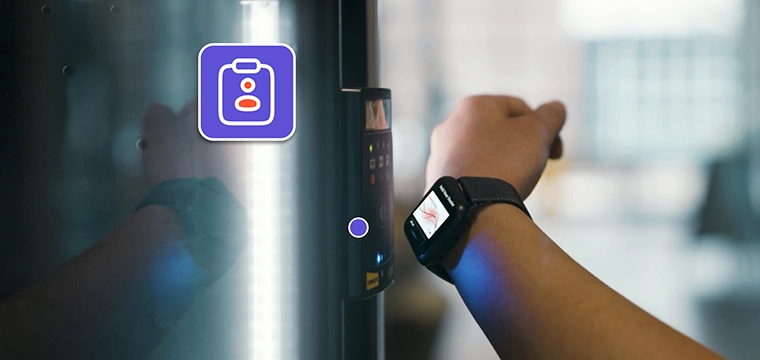
On college campuses these days, students are generating more card data points than they ever have before. Data collected by campus card transaction systems can improve and streamline a range of operations, as well as save significant money.
That’s the main message from a recent interview with Jennifer McNeill, manager of the ONEcard program at the University of Alberta. She explains how data collected from campus card use, if managed correctly, can be used to improve dining, residence life, fitness and other vital campus tasks. That information can potentially even lead to a safer, more welcoming student experience.
McNeill describes a campus as a puzzle with many different pieces. “The pieces are data that can include precise traffic patterns for dining areas, peak use of fitness centers, and which printers are underutilized and can therefore be moved to a wiser location,” she explains. “We used that data to move a printer from one corner to another end of the hallway that receives more traffic.”
That might seem like a small move until you consider how many printers a campus has and the leases it pays for them. McNeill estimates that the University of Alberta saves some C$15,000 annually from smarter decisions about printer placement, even though the university is still at the beginning stages of managing and analyzing all of its card data.
The University of Alberta uses TouchNet as its card system vendor, and the university’s ONECard underpins identification, meal plans, printing, laundry, park, access control and other jobs. These many data-generating buckets can help put that puzzle together — and in the case of Alberta, a puzzle that includes five campuses, 15,000 staff and 45,000 students.
Data points for each card flow from student ID transactions, WiFi, and other sources, offering administrators a treasure trove of information that is constantly being refreshed and renewed. Reports from all that data can help campus leaders tweak hours for dining halls or fitness centers, which can lead to cost savings and reduced waste of food and labor.
Using data to better operate dining areas not only helps inform employees when to expect crowds, but also helps guide planning and meal preparation, and even where to place signage. “That can lead to better reviews, more students staying in residence halls, and more money for the university,” McNeill says.
Of course, collecting data is relatively easy when compared with managing and analyzing it.
The challenges of that process can increase rapidly at complex organizations like university campuses. The goal is to translate that data into reports and even interactive dashboards — a job made easier by the backend tools offered by TouchNet, says McNeill.
“TouchNet allows us to schedule those essential reports, making the process to update dashboards quite simple,” explains McNeill. “We can access the most current information in a flash by picking up an auto-generated report that is just waiting for me.”
When a campus develops a reporting dashboard from a TouchNet canned report, it opens up the opportunity to share this utility with other campuses, adds McNeill.
But that’s not the only potential hurdle.
Much of the data collected must be anonymized before sharing with other members of the campus leadership — even as some personally identifiable data might be useful to the people running residence halls.
The information is all there. It’s about taking it and making it into something meaningful. Sometimes we don’t even know what we know, or what to ask.
McNeill stresses the importance of establishing sharing agreements with various departments, with each contract very specific to the needs of the end-user. Provincial privacy laws also play a role in how data is shared, as does the university privacy office.
The right analytical tools and report generating capabilities also are key. “The information is all there,” McNeill says. “It’s about taking it and making it into something meaningful. That’s the big thing. Sometimes we don’t even know what we know, or what to ask.”
A campus that manages to take on that massive task, however, can enjoy meaningful rewards.
Maximizing the efforts of campus cleaning crews is a clear operational use case, says McNeill. “A building accessed by 4,500 people in the course of four hours could be scheduled for service sooner than a building with scant traffic.”
McNeill also believes that the proper use of card data can support wellness checks on students living in residences who are at risk.
“What if a person in authority such as a residence advisor receives data that a student has not been in the dining hall for a few days,” McNeill says. “That likely could mean nothing dangerous — the student might have dietary restrictions, or prefers to eat off-campus — but combined with other data, it might be cause for alarm, for more investigation by appropriate authorities who might know the student in question.”
McNeill acknowledges the sensitivity, but stresses the gravity of the alternative. “Nine times out of 10 it’s nothing to worry about, but that one time…,” she says. “Maybe the student is lonely. Maybe they need medical attention.”
We work within this collaborative community of campuses. Sharing our reporting tools and dashboards is no different and makes us all better.
That is among the big issues that come with putting together the campus puzzle from data.
McNeill isn’t one to sugarcoat the massive thought and effort needed to collect, manage and analyze card system data. It’s for that reason that she encourages other campus admins to seek guidance from industry events like the Data Summit put on by the National Association of Campus Card Users (NACCU), or to speak with their campus admin peers.
“The great news is that we work within this collaborative community of campuses. We have always shared resources and documentation,” says McNeill. “Sharing our reporting tools and dashboards is no different and makes us all better.”




